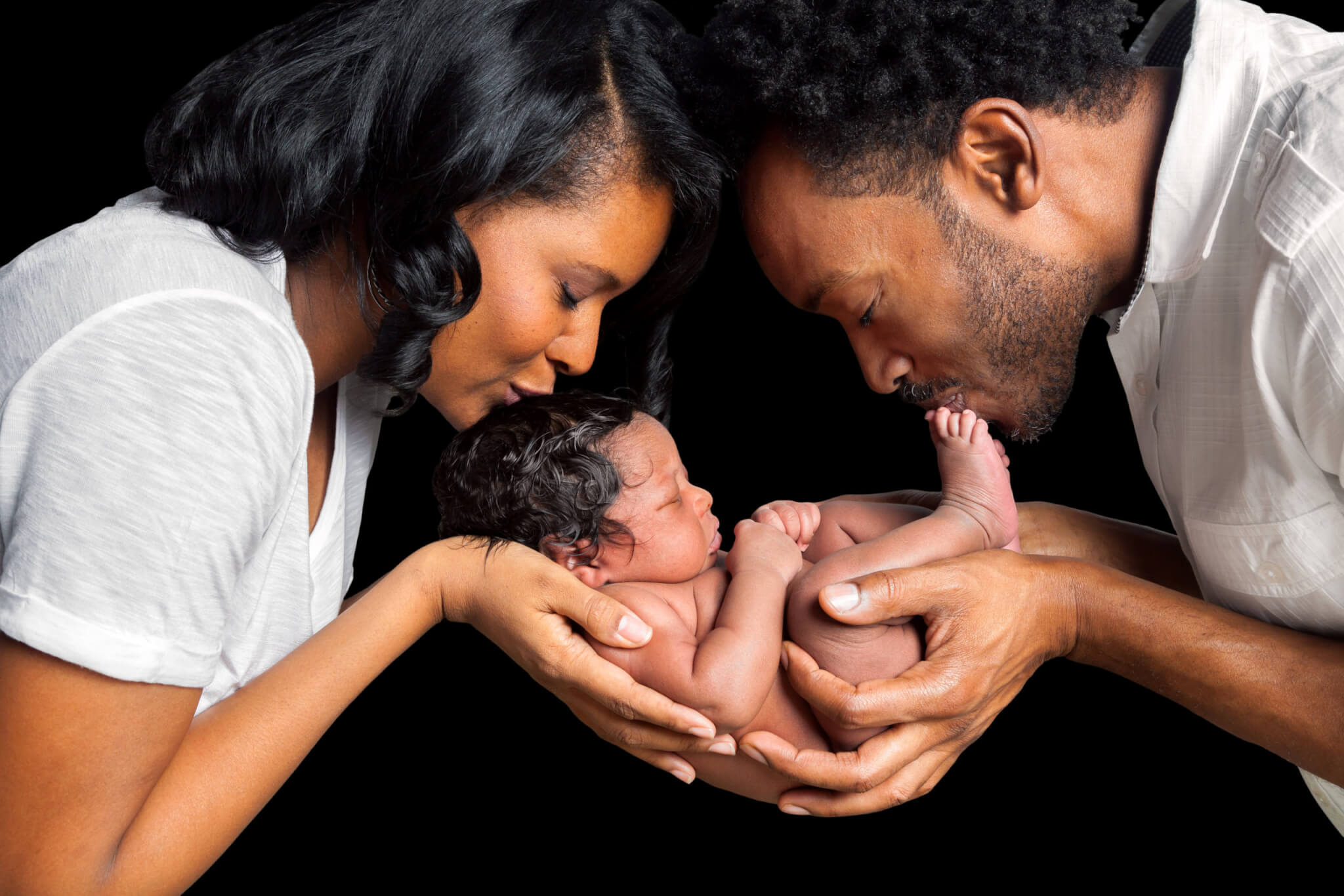🔑 Key Findings:
- Only 19% of young millennials definitely want to be parents
- Another 20% are leaning towards staying child-free
- Parents typically spend an average of $711 per month on childcare
SOUTHAMPTON, United Kingdom — Less than a fifth of millennials, specifically those between 26 and 35, are certain that they want to become parents one day. This inclination further diminishes among individuals with pronounced environmental concerns. Simply put, four in five young millennials want to remain childless, especially if they dwell on climate change concerns.
The study, conducted by the University of Southampton and the Generations and Gender Program, gathered insights on attitudes toward children, family, and various political issues. It involved a sample of 7,000 individuals ranging from 18 to 59 years-old in the U.K.
The findings revealed a correlation with the nation’s declining birth rates, highlighting a drop in the number of young adults planning to have children. Only 19 percent of younger millennials expressed a definitive desire to have children, while 30 percent leaned towards probably wanting children. Among older millennials, between 36 and 41, 36 percent were certain they will not have children, and 20 percent were leaning towards not having them.
The percentage of millennials who are disinclined to have children increases among those with stronger environmental concerns. However, the trend appears different for Generation Z — ages 18 to 24. Data shows that those in this age group who are more likely to desire children are also more concerned about environmental and climate issues.
“Whilst we found that environmental concerns are a factor for older millennials intending to remain childless, our study suggests this isn’t the case for Gen Z,” says Professor Brienna Perelli-Harris, from the University of Southampton who led the UK Generations and Gender Survey, in a media release.
“This may be because some younger people do not intend to have children for other reasons, or it could be that Gen Zers who would like to have children are more worried about the planet that their children will inherit.”

The study also highlights a declining trend in the desire for children among Generation Z, compared to previous generations. Specifically, 15 percent of Generation Z respondents stated a definite lack of interest in having children. This contrasts with the 10 to 15 percent of individuals of the same age group who expressed similar sentiments between 2005 and 2007.
Additionally, 11 percent of Generation Z participants indicated they probably will not have children, and 22 percent were uncertain about it. According to the study, these findings suggest that birth rates in the U.K. may continue to decrease.
“More young adults planning to remain childless suggests the recent decline in fertility rates at young ages isn’t just about individuals delaying parenthood until they are older,” Prof. Perelli-Harris says, according to SWNS.
“Instead, it suggests a growing trend of individuals intending not to have children. If this is the case, then we can expect UK birth rates to decline further from their current level.”
The study also delves into a significant challenge for those who choose to have children: the high cost of childcare.
Researchers found that parents typically spend an average of $711 per month on childcare. A quarter of these parents pay over $1,016, and 15 percent spend more than $1,270.
For lower-income households, childcare expenses account for a substantial 20 to 30 percent of their income. This is a larger proportion compared to higher-income households, which allocate around 10 percent of their salary to childcare.
The survey also uncovered varied childcare approaches among parents. About a fifth exclusively utilize formal childcare options, such as nurseries. In contrast, a quarter depend solely on assistance from parents, relatives, or friends.
Notably, a third of parents do not use any formal childcare, a trend most prevalent among the lowest income groups. Families with higher incomes are more inclined to use formal childcare exclusively. Meanwhile, middle-income families tend to rely on a mix of both formal and informal childcare solutions.
“Our findings suggest a lack of affordability may be stopping low-income families from using childcare services, and at the same time preventing parents from working more hours,” says survey co-leader Dr. Bernice Kuang.
“So-called ‘early years care deserts’ in disadvantaged areas may also restrict access to high-quality childcare. This is particularly concerning given that disadvantaged children and children with special educational needs benefit from exposure to the early years curriculum, resources, and the socialization available in formal childcare settings.”
South West News Service writer Isobel Williams contributed to this report.

We’re headed toward a filthy, polluted climate apocalypse with food shortages driven by exponential population growth. The greenest, most selfless act anyone can do is to forgo reproduction. There are too many of us already; the future does not need any more.
Concur. There is no inherent reason why the human race needs to increase its population. Most of the natural resources we consume are finite in nature and will someday become exhausted in a practical sense. Climate change may actually reduce the human population carrying capacity of our planet. Having children in subsistence societies was rational because it provided essential labor, and at a very early age. Most child education was carried out at home and demanded few financial resources. Those days are gone forever. Children have become a costly luxury good. That, combined with declining pension plan availability means that not having children is a rational choice.
Have you taken a serious look around lately. 19% actually seems high
In a Democracy, people get the economy they vote for.
Free childcare might be helpful in increasing fertility. People are overwhelmed by childcare, healthcare and educational costs in addition to the cost of living in this era of capitalism.
Unfortunately, America us already in debt so not in a position to aid families.
Let’s face it, we’ve reached the end much like the Soviets. Poor economics coupled with a society having nothing to live for (opiate deaths) or die for (a great cause). A meaningful life is what encouraged previous generations to breed.
Expect religious and racial supremacy groups to come after contraception and gays next instead of attacking economic root causes
It is too bad young people have been kept so ignorant by our educational system. The environment is improving and our slowly changing climate is no emergency. We will greatly reduce fossil use before any serious happens due to other energy sources being cheaper. Ignorant young people have been scammed by self serving media, politicians, and environmental fundraisers. Parenthood is a different plane of existence with challenges and joys unimaginable by non parents. The benefits out way the costs many times over. People who could have been parents but avoided it for short term pleasure will probably regret the lost opportunity.
Poor George, he has been kept so ignorant due to his lack of education.
Great post George!
George, you are correct 100%. Especially what you said “People who could have been parents but avoided it for short term pleasure will probably regret the lost opportunity”. This ultimately destroy a country from the inside out. This present generation is not getting married, divorcing and if still married are having small families. The attack on family, religious structure, as well the education system has and is still destroying out country,
Mr. Nutts comment earlier, appears to be from a person that our public school system created. Un-educated and ignorant! The same ones that can’t make change or think for themselves or even know if they are a male or female. I enjoy StudyFinds!
Completely agree. Have had a lifetime of experiences and nothing comes close to the incredible joy of raising children. Of course it isn’t easy. So if you’re lazy you will die without ever having that great joy.
Studies show that parents and nonparents have similar levels of happiness. In what way is choosing to not have children related to our education system?
It’s pretty obvious. The politicians, the media, the education systerm, the corporations, hollywood et al don’t like you. No one who tells you the key to happiness are pharmacueticals, legal marijuana and to have fewer children is good cares about you. They that promote the good of aborting your own children don’t like you. In fact it is the opposite. This is demonic. Some will recoil at this, but others will actually consider it.
As Christians we should turn away from the darkness, reject the world and turn to the light. I hope young people turn towards the The light of the world and have big families, tons of hugs, snuggles, cries and laughter. I would do it 1000 times over.
I am pleased that you are a happy parent. I am even happier that you had a choice. I know of no one who promotes abortion as a desirable end in itself.
Birth rates keep dropping, cost of living keeps rising and governments keep offsetting with (tax) migrants. The beatings will continue until morale improves.
Corporations have discovered that they don’t have to pay their workforce to survive. They can pay below subsistence levels and then government will step in to stop people from being homelss and starving.
This is a big win for Big Business and America.
So true! You see it.
Until the population declines so much that people will have to have children to care for them when the y get old since the population of taxpayers will be too small to support a pension system.
Will be kid- free and enjoy freedom + numerous opportunities + unlimited discretionary income. Thank u drive thru!
Children are expensive + liabilities. Better to keep the cash + enjoy ya freedom!
Hmmmmm. I didn’t want kids when I was a “young adult.” But ultimately had two. It’s good to wait.
An extinction level event! This is going on all over the world. So many speices are going under. I guess we are on the list too.